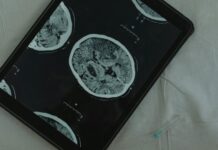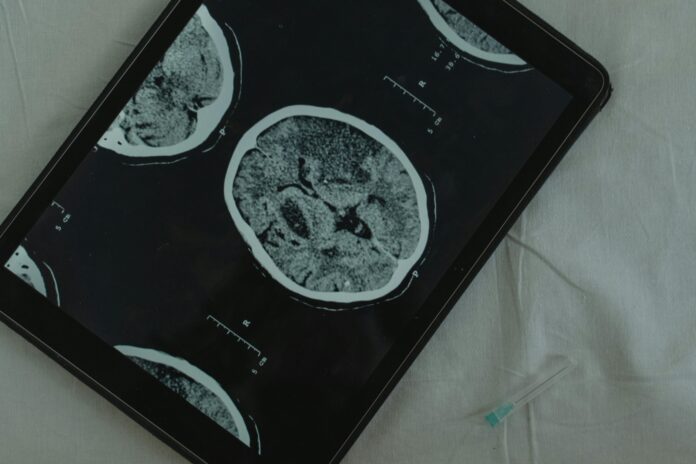Researchers have developed a groundbreaking mouse model to study the effects of COVID-19 on the brain, shedding light on the mechanisms behind post-COVID memory deficits.
The study — led by Dr. Robyn Klein, a professor at the Schulich School of Medicine and Dentistry at Western University — offers new insights into how the SARS-CoV-2 virus impacts cognitive function, and highlights the potential protective effects of vaccination. The results were published in Nature Immunology.
The study involved the use of mice that had been infected intranasally with the virus, to mimic the route and course of infection in humans. The study also examined the effects of breakthrough infections, which refers to infection with the virus after vaccination. Results revealed that the virus induces significant inflammation in the respiratory tract and brain, and particularly in the hippocampus: a region crucial for memory.
A key finding was the role of the protein IL-1β, produced by activated microglia — a type of brain cell — in inhibiting the growth of new neurons in the hippocampus. This process, known as neurogenesis, is essential for maintaining cognitive function. The study showed that during infection, IL-1β suppresses neurogenesis, leading to memory deficits that persist even 30 days post-infection.
The researchers also explored how vaccination against SARS-CoV-2 influences these outcomes. Vaccinated mice experiencing breakthrough infections exhibited lower levels of IL-1β in the hippocampus, resulting in better neurogenesis and cognitive performance compared to unvaccinated mice.
This suggests that vaccination not only prevents severe illness, but also mitigates long-term cognitive effects of COVID-19.
The results of this study underscore the importance of IL-1β as a driver of cognitive deficits post-COVID, and highlight the protective role of vaccination. The findings also suggest that targeting IL-1β signaling could be a promising strategy to reduce the risk of developing post-COVID memory deficits.
This study represents a major step forward in understanding the neurological impact of COVID-19, and underscores the importance of vaccination in protecting brain health. The discovery of IL-1β’s role in post-COVID cognitive deficits opens new avenues for potential treatments, offering hope for those affected by long COVID.









































